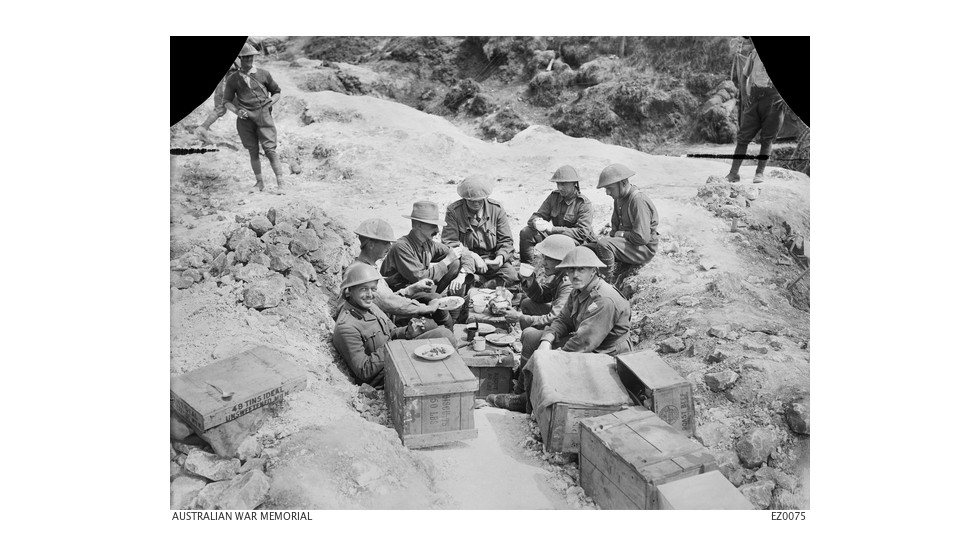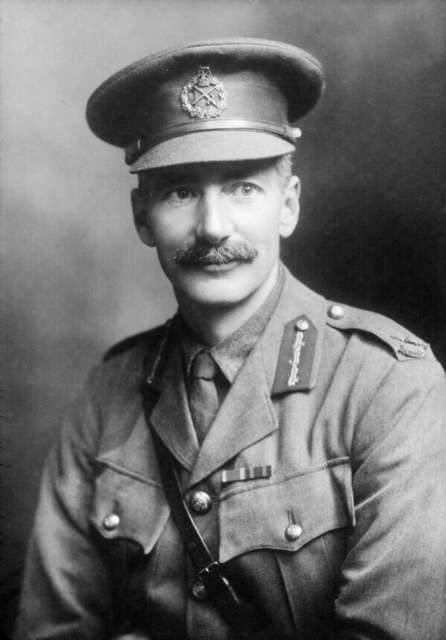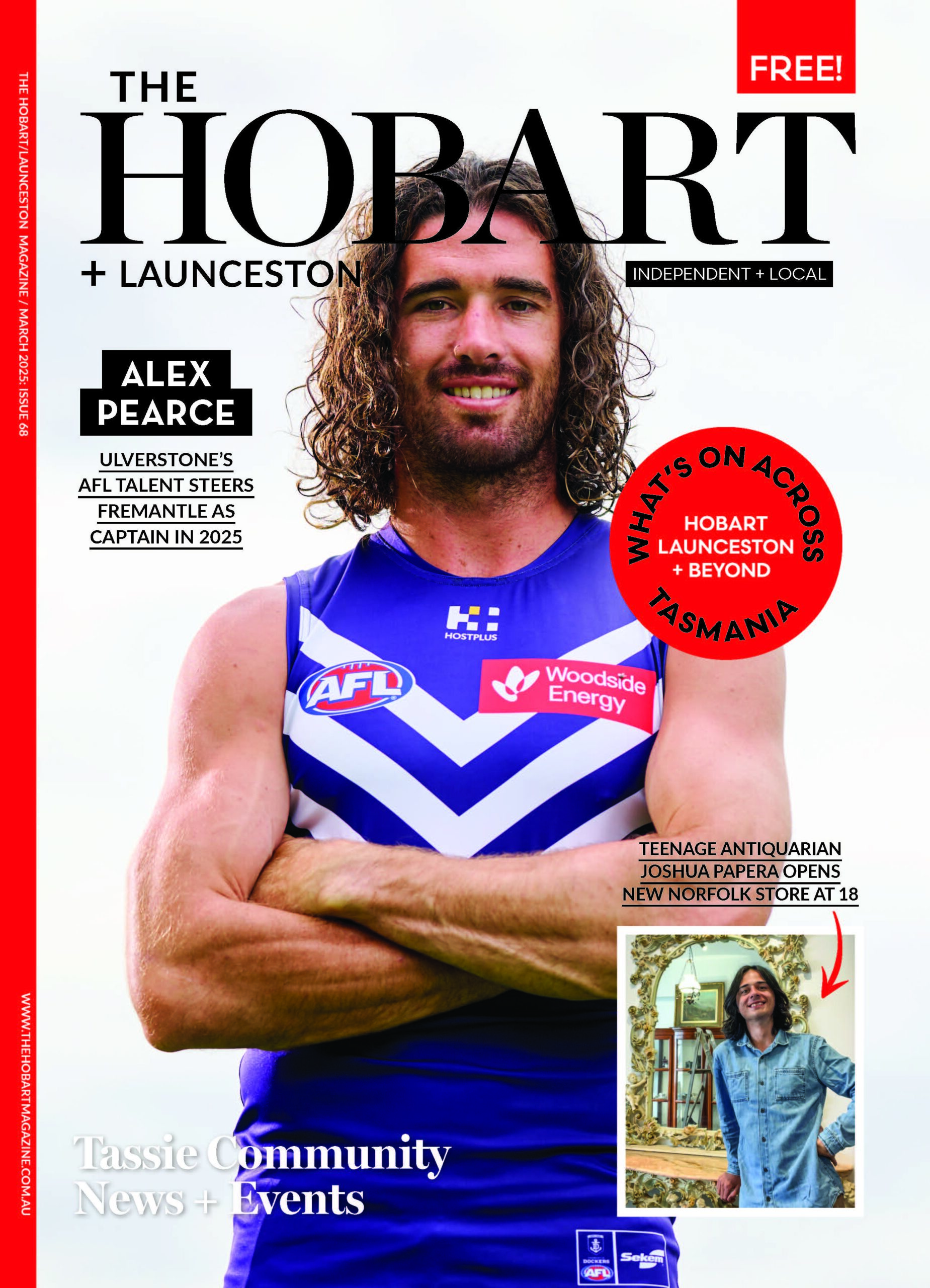A Soldier’s Legacy…100 Years Later
by Lilian Koch

The promise of a soldier to his dying mate in the trenches of WWI has made its way to the 21st century in the form of Legacy, an initiative that cares for the families of deceased veterans through practical, financial, and emotional support.
Originally known as The Remembrance Club, Legacy was founded on the promise of a soldier to his dying mate to “look after the missus and the kids”. These words inspired Sir John Gellibrand to create The Remembrance Club in Hobart in 1923, before renaming it to Hobart Legacy in 1944.
2022 marks 99 years since its inception, as it continues to look after just under 700 widows and widowers, and 17 children of incapacitated and deceased veterans in Southern Tasmania.
To celebrate 100 years, Legacy Australia is currently inviting registrations of interest for torch bearers in the 2023 Legacy Centenary Torch Relay. The torch will pass through WA, SA, QLD, NSW, ACT, VIC, and TAS, before making its way to its final destination in Melbourne.

John Gellibrand was born to a British family in Ouse, outside Hobart. Seeking to make a career in the British army, Gellibrand fought in the South African War, participating in the Relief of Ladysmith in 1899. The following year he was promoted to captain in the Manchester Regiment, before serving on the staff of the garrison commander in Ceylon. He became frustrated at the poor prospects of promotion, and resigned from the British Army in 1912, returning to Tasmania to grow apples. He bought an apple orchard in Risdon and settled there with his wife and children. When WWI broke out, however, Gellibrand re-joined the British Army. In April 1915 he landed at Anzac Cove and served in the Gallipoli Campaign as captain of the 1st Division of the Australian Imperial Force (AIF), before being promoted to colonel in 1916. In 1917 he took command of the 12th Infantry Brigade on the Western Front, leading his brigade to victory in the Battle of Dernancourt. In June 1919, Gellibrand was made a Knight Commander of the Order of the Bath, appointed Officer of the Legion of Honour, awarded the Croix de Guerre by the French, and awarded the Distinguished Service Medal by the Americans.
Following the war, Gellibrand returned to his wife and children in Tasmania. He knew, however, that not everyone was so lucky to see their family members return home safe and sound. The war had left 60,000 Australian service personnel dead and more than 150,000 wounded. As Tasmania’s highest-ranking war hero, upon his return he was greeted by Sir Francis Newdegate, the Governor of Tasmania. But he knew his mission was not yet over. He knew the dire situation of the tens of thousands of widows and children left behind and set out to help them. With the help of fellow like-minded individuals, the Remembrance Club was born. One of his buddies during the war, Stanley Savige, visited Gellibrand in Hobart and was inspired to establish a similar club in Melbourne which was named Legacy.
Today Legacy continues to support the partners and children of veterans who have lost their lives or health, whether it be from WWI, WWII, Korea, Vietnam, Afghanistan or Iraq. Legacy provides relief for financial hardship, offers grants, scholarships and mentorship programs for children, and assigns Legatees to families to assist with day to day activities, provide advocacy, and provide mentorship. There are currently 65 members who look after widows and children across Southern Tasmania, but more volunteers are always needed.
To register your interest in the torch relay visit www.legacytorchrelay.com. au or download the Legacy 100th Torch Relay app. To volunteer at Legacy contact admin@legacyhobart.com.au or phone 6234 6581. To enquire about support visit www.legacy.com.au/get-support or phone 1800 LEGACY.

